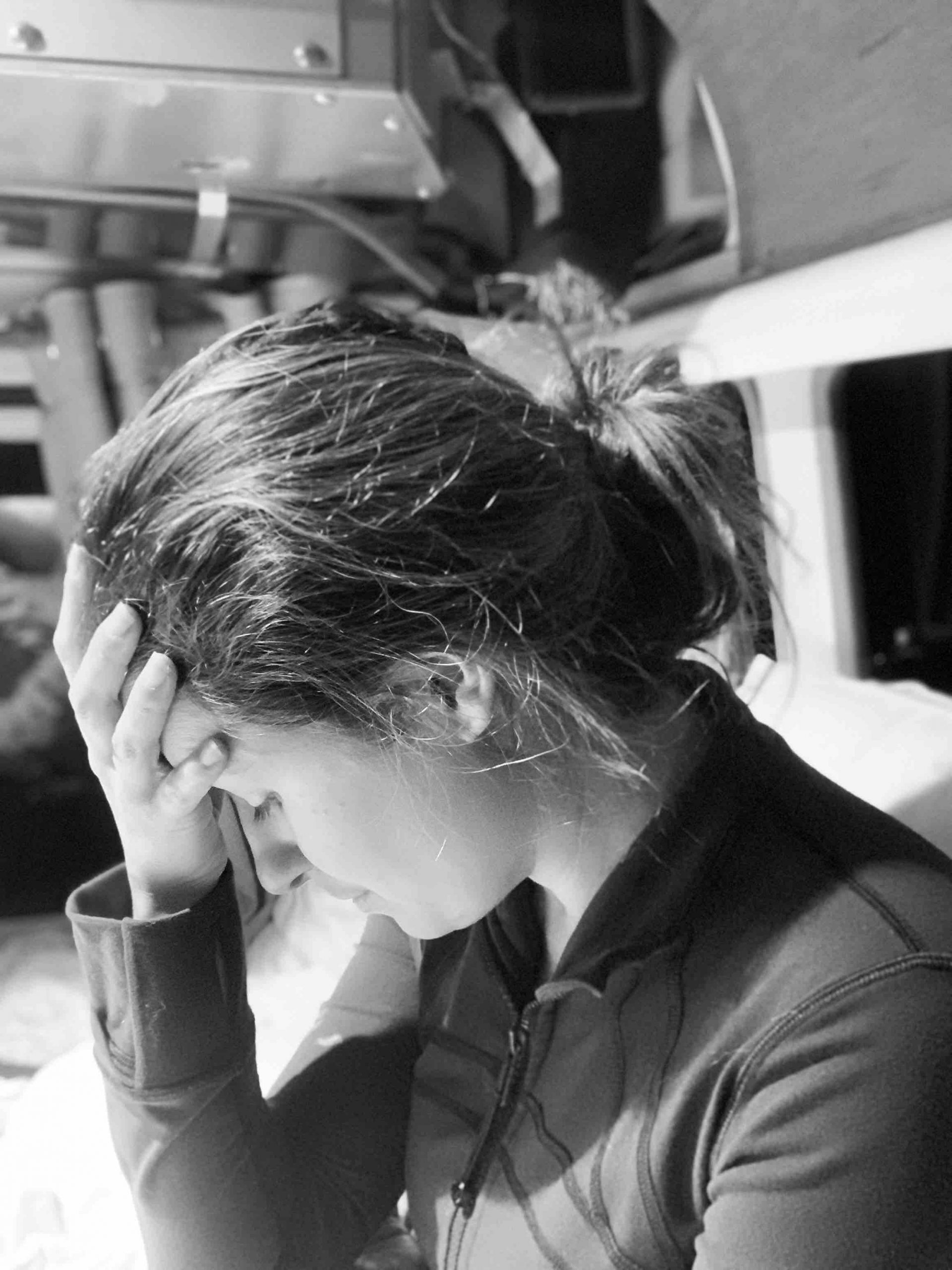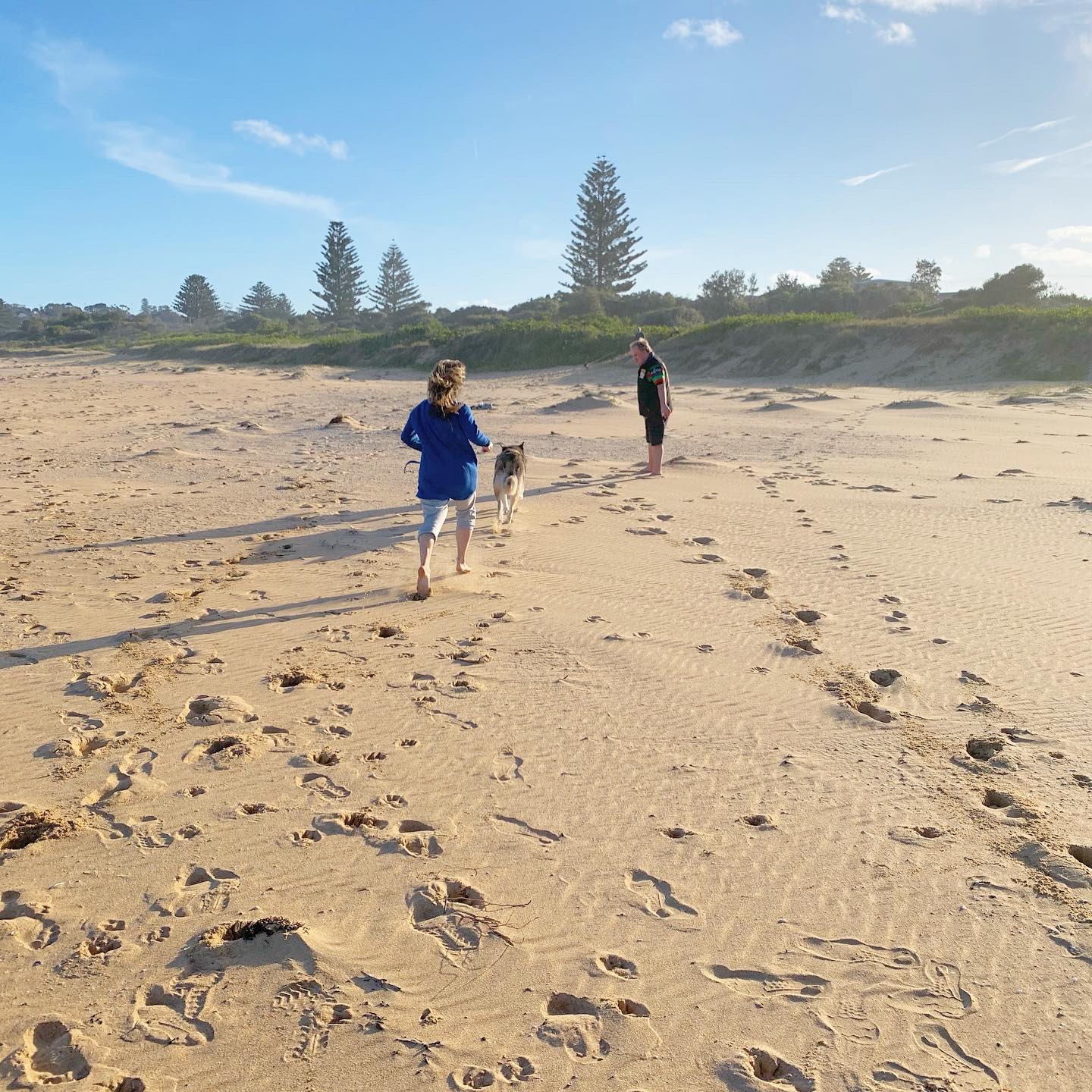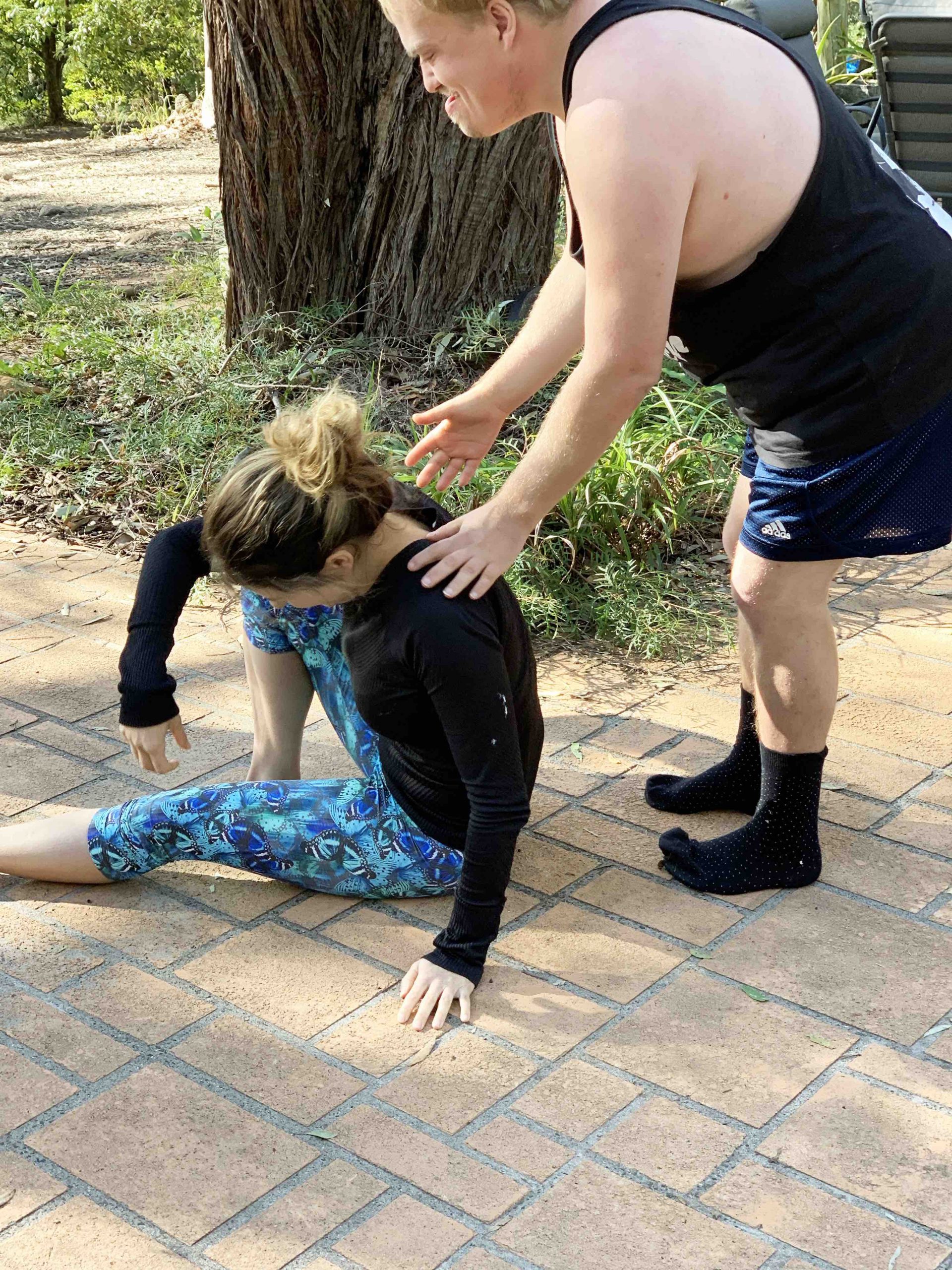Depression:
My journey through the dark and 5 things
that helped me out of it
1 in 5 Australians are affected by my mental illness, so it my promise this World Mental Health to tell my story of Depression. If we all shed a more positive light on mental illness and be supportive of each other then we might remove the stigma surrounding mental health. It’s OK not to be OK, it’s part of the human experience, however, it’s also OK to ask for help.
My Story
It’s no secret that I have dealt with depression in the past. In fact, I speak about it openly, without shame, without fear because it is a part of my journey. For those who have never experienced deep seated Depression, I liken it to being trapped in a dark hole that seems impossible to escape from. A hole you fell into unknowingly and without your consent. Yet once in this hole you feel trapped. A sense that the hole may swallow you. There is very little light around you. You try to climb out of it but every time you think you find a foot hold, you find yourself sliding back to the ground in a clump. You try and you try and you try again until there seems to be no point. “What is the point?” “Why would I bother trying again?” “Nothing works.” “May as well lie down in this dark hole and get comfy. Find comfort in the darkness, in the solitary confinement.” If someone passes and lends you a hand, you don’t want their help. No, you are “fine”. “I am fine”. You don’t need any help. You are comfortable now in the darkness. Darkness no longer seems an enemy, but an ally. You and darkness deserve each other. You don’t deserve to be up there in the light with possibilities, you belong in the ground. It is a scary place to be.
Having depression doesn’t necessarily mean that you stop doing things in life. When I was dealing with Depression I was working full time as a performer. Although I could complete my tasks on stage, they felt lifeless and forced and I had panic attacks and anxiety regularly. I did not feel like I was living but instead just going through the moves. Even when a company support member suggested I take some time off for mental health, I couldn’t do it. Taking time off work would mean facing it head on.


Some things that helped me move away from Depression.
There is no guide book on depression, the journey through it is different for all. All I can do is share a few things that helped me get out of the hole, little foot holes that gradually turned into steps that eventually led me out of the darkness and into the light. I have no guarantee they will work for anyone else but it is worth a try.
1. Seperate yourself from your
emotions
I don’t know where I read it or who might have spoken it to me but somehow on my journey I learnt to separate from myself from emotions. Rather than saying “I am so sad”, I transitioned to “I am feeling so sad”. When you say “I am sad” you are basically inhabiting sadness. When you say I am feeling sad you are separating yourself from the emotion. Rather than being sad, you are allowing sadness to flow through you and just like any other, emotions come and go. By saying “I am feeling sad” you are not denying the emotion which is important to feel. Feeling that sadness is part of the journey, you don’t want to deny it. Yet by feeling it flow through you, you know it is not a permanent state of being, it’s just a temporary feeling within you. This gives you hope that it will pass.
2. Let go of the shame
When I was depressed I was embarrassed. It was easier to be by myself than to have to tell my loved ones and peers that I was not strong enough to cope by myself, that I was struggling with life. Basically I felt I was failing at life. This made me put up walls around myself, ones that isolated me even more. Having a sense of shame around depression also meant I would not accept help. Which leads me to my next point.

3. Accept help
If you feel uncomfortable accepting help from your friends and family, accept help from a professional. It didn’t matter what any of my friends or family said, I didn’t want help. However when a work colleague suggested a Chiro who also practiced Neurological Emotional Technique to me who worked in a holistic way I felt ok with accepting help. Seeing this Chiro was one of the turning points for me. I still see him to this day, even when I’m feeling great. Because at the end of the day mental health is as important as physical health.
4. Take the pressure
off
If you need to take some time out from work or other commitments, give yourself that gift. It doesn’t mean you won’t return to them, you are just giving yourself time and space to heal. You are not a failure.
5. Repeat this mantra
‘I am enough’ or ‘I am
worthy’
Even if you don’t believe it, keep repeating it until you do. You are enough, you are worthy, you are loveable.
‘I am enough’ or ‘I am worthy’
If you want some free guided meditations to start your journey, head to omunay.com

What can you do to support someone going through Depression?
1. Hold space for
them
Create a space for them to feel comfortable. Listen, don’t give opinions/judgements but simply hold space for them to express how they are feeling

2. Remove the stigma
Regularly check in with friends. Ask them how they are genuinely going. 1 in 5 Australians are affected by mental illness yet many do not seek help because of the stigma around it. It is OK to not be OK.
3. Support vs. down play
the problem
Avoid saying things to downplay the problem like “you’ll be right”, “toughen up”, “just get over it”. Trust me when I say these do not help. If it were that easy, they wouldn’t be in the situation. These kind of statements hinder the process of healing and will make your friend retreat more. Instead ask “how can I help?”, “I’m here to listen”, “let’s talk about some potential solutions”
It’s important that we remove the stigma surrounding mental health issues so we can create an environment where people feel safe to seek support. We need to remove the shame and fear about it so people can get help. Depression is unlikely to go away on it’s own. This World Mental Health Make a promise at https://1010.org.au/make-a-promise/ to help remove stigma around mental health.
#MentalHealthPromise
Peace.
Love.
Namaste.
Emma
If you’re in crisis and need urgent help, call emergency services (triple zero – 000), Lifeline (13 11 14), or go to your local hospital emergency department.
You can also visit beyondblue.org.au for a variety of resources and support. You are not alone.